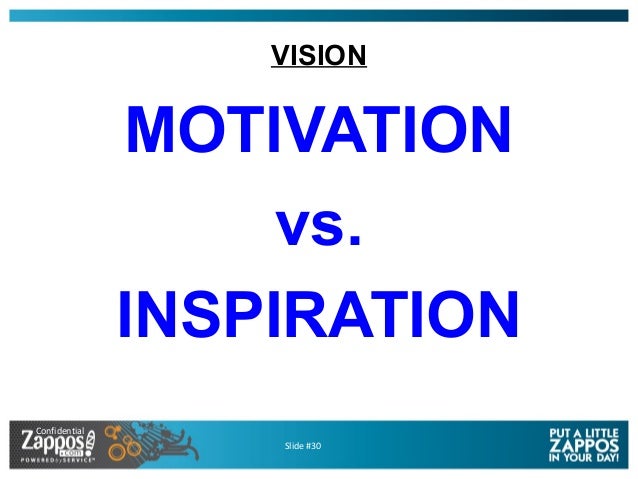

Rhyming, repetition, alliteration and lists all influence processing fluency, and it’s an underused technique in marketing. Social scientists have determined that people understand the world best in relative terms, as in "compared to what?" Including a small - emphasis on small - blemish at the end of otherwise positive characteristics can sometimes work in your favor.

Small, honest blemishes on otherwise strong offerings can increase their attractiveness.Īdding a minor negative detail at the end of an otherwise positive description actually highlights the positives. But the power of questions can be tricky, encouraging people to come up with their own autonomous reasons for disagreeing with you - hence, the warning to use questions only when the facts are clearly on your side.ģ. When people have their own reasons for doing something, they are more likely to adhere to the behavior. When the facts are clearly on your side, use questions instead of statements. You’re better off worrying about increasing your expertise and working to be a problem-finder.Ģ. The lesson? If you’re struggling to sell your insights, ideas or anything, don’t try to change your personality and force yourself to be more extroverted. In fact, studies have shown that "ambiverts" - neither extremely introverted nor extremely extroverted - consistently achieve the highest sales performance. The perception that extreme extroverts make the best salespeople is pervasive. Pink provided five key guidelines that anyone in sales should heed to have a better chance at influencing consumer behavior:ġ. Pink explores the social science and behavioral economics that influence sales success in its many forms.Īt the recent COLLOQUY Loyalty Summit outside of Washington, D.C., Mr. In his new book "To Sell is Human: The Surprising Truth About Moving Others," Mr.

Yet when Dan Pink and his team asked 7,000 Americans, "When you think of sales, what’s the first word that comes to mind?", those are exactly the kind of responses they got. No one wants to hear their behavior described as "pushy," much less have a description of their work greeted with rolled eyes, sighs or exclamations of "yuck" and "ick." Through a special arrangement, what follows is a summary of an article from COLLOQUY, provider of loyalty marketing publishing, education and research since 1990.


 0 kommentar(er)
0 kommentar(er)
